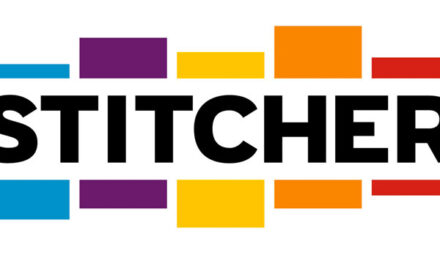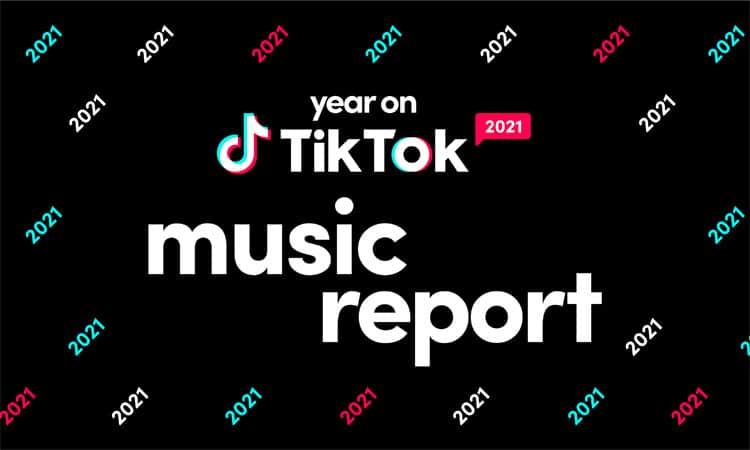White House cracking down on junk fees
The White House is moving one step closer to federally ending “junk fees” or “convenience fees” that are common in many sectors of the US economy, including the concert ticket industry. President Joe Biden has announced that his administration is working on a solution to end the hidden charges that companies such as Ticketmaster force consumers to pay when buying event tickets.
The Federal Trade Commission (FTC) defines junk fees as “unnecessary, unavoidable, or surprise charges that inflate costs while adding little to no value.” Consumers can get hit with junk fees at any stage of the purchase or payment process and the FTC is working to force companies to disclose these fees up front.
“It’s beyond frustrating to end up spending more than you budgeted because of random, arbitrary fees,” states FTC Chair Lina M. Khan. “No one has ever felt that a ‘convenience fee’ was convenient. Companies should compete to provide the best quality at the best price, not to see who can squeeze the most added expenses out of consumers. That’s especially true at a time when families are struggling with the effects of inflation.”
Companies charge junk fees in a wide range of contexts, including cramming in hidden fees to which consumers did not consent, misrepresenting optional services or upgrades as mandatory, and charging for products or services with little or no value. For example, consumers purchasing concert tickets receive a surprise junk fee tacked on at checkout. These junk fees – which add up to tens of billions of dollars each year – can drive up prices, make comparison shopping difficult, and leave consumers feeling powerless and cheated.
“Last week, the Federal Trade Commission started work on a rule to crack down on unfair and deceptive fees across all industries, fees that were never disclosed — never disclosed,” Biden shared during an announcement on Wednesday (Oct 26th). “And there was no way to avoid the fee, like processing fees for concert tickets or like resort fees. When you think you’re paying one price to book a hotel, you only find out after checking out that there’s a ‘resort fee’ you never heard about that’s added to your bill.”
Biden says companies can charge what they want, but all fees must be disclosed up front and not during any part of the check out process.
“I’m not saying they can’t charge it, but they got to let you know they’re going to charge it. You can make a decision,” he says. “Look, folks, these are junk fees. They’re unfair, and they hit marginalized Americans the hardest, especially low-income folks and people of color. They benefit big corporations, not consumers, not working families. And that changes now.”
Earlier this summer, New York State banned hidden fees on concert tickets after Governor Kathy Hochul signed a bill that requires ticketing companies to display the final price of tickets on the initial listing rather than throughout the buying process.
Live Nation, Ticketmaster’s parent company who has been under investigation recently for its dynamic pricing strategy and junk fees, praises the Biden administration for their efforts towards a nationwide mandate.
“We applaud President Biden’s advocacy for fee transparency in every industry, including live event ticketing,” Live Nation shares. “Live Nation Entertainment advocated for the all-in pricing mandate passed in New York earlier this year, which requires face-value prices and fees to be shown upfront – and we support the FTC mandating this nationally. We operate ticketing marketplaces in 30+ countries around the world and have seen all-in pricing adopted successfully in many countries when mandated across the board. This only works if all ticketing marketplaces go all-in together, so that consumers truly have accurate comparisons as they shop for tickets.”
The FTC has a history of taking action on junk fee practices – they have been the subject of Commission investigations, enforcement actions, workshops, research, and consumer and business education outreach. While the agency has been active in addressing junk fees, it generally lacks the authority to seek penalties against first-time violators or the ability to obtain redress readily for consumers in instances in which fees violate the FTC’s prohibition on unfair or deceptive practices. The FTC can seek such remedies when a company violates a rule promulgated by the agency, which is why the agency is exploring a junk fee rule.






